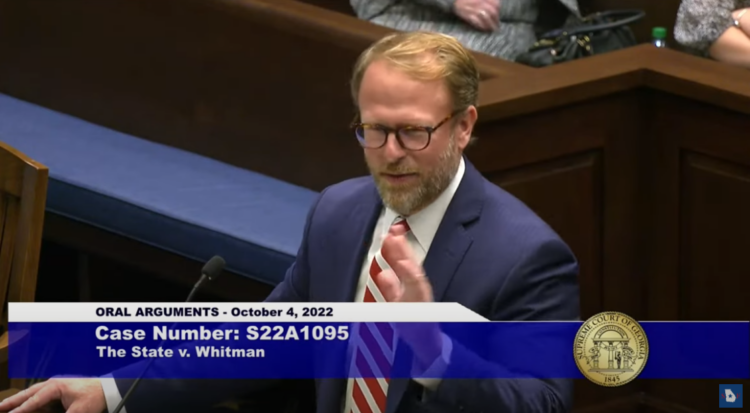One common question I receive is “when will we be able to review evidence from my DUI arrest?” For many of my clients that have been charged with a DUI, the one thing they want to know is what will happen in their case, which is impossible to answer prior to reviewing evidence.
In order to evaluate the strengths and weaknesses of a DUI case, I must first review all of the evidence available. This may include reviewing a video of the arrest, the incident report, blood tests, breath tests and any other evidence that may have been gathered or reported. Without reviewing this information, a DUI defense attorney cannot, and should not, speculate as to what will happen in court.
So, how long will it take to get evidence from your DUI and review it? In nearly every case we handle, this process can take several months. It involves an open records request to the relevant arresting agency and a request to the Georgia Bureau of Investigations. The process also involved the production of the video of the arrest, which can also take considerable time to acquire.
The best case scenario for us as we work together is to get started on your case as soon as possible. Though it may take months of work to obtain and evaluate all of the evidence in your case, we can begin creating a defense strategy within a matter of weeks.
If you are facing a DUI charge, I know that you have many questions and want to resolve it as soon as possible. Just know that there will be a period of time in which you will be waiting for your attorney to gather and review the evidence in your case. However, that doesn’t mean there is nothing you can do to prepare for court during this time.











